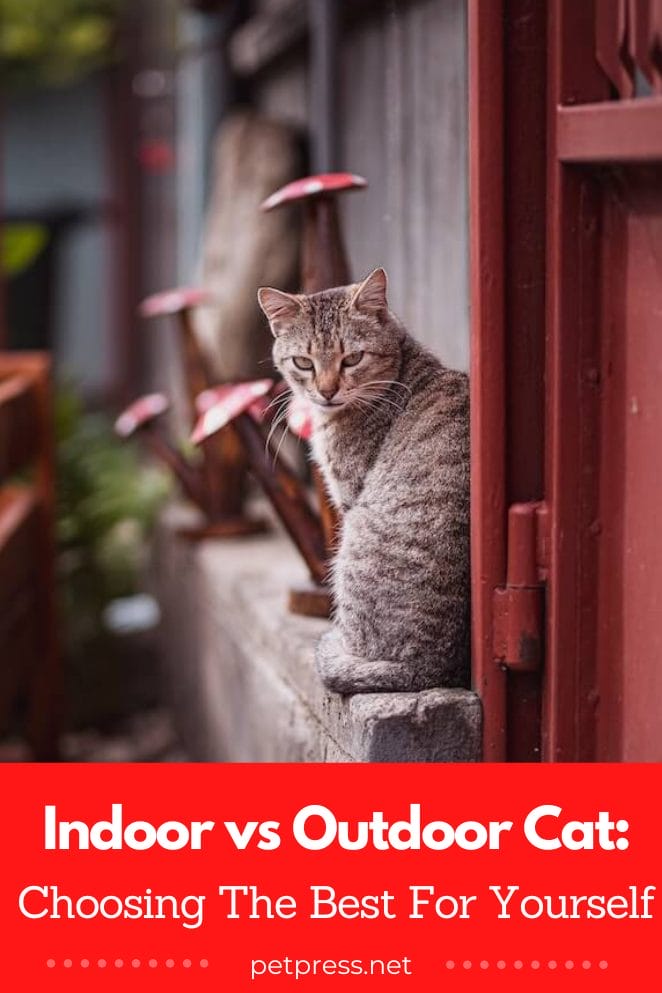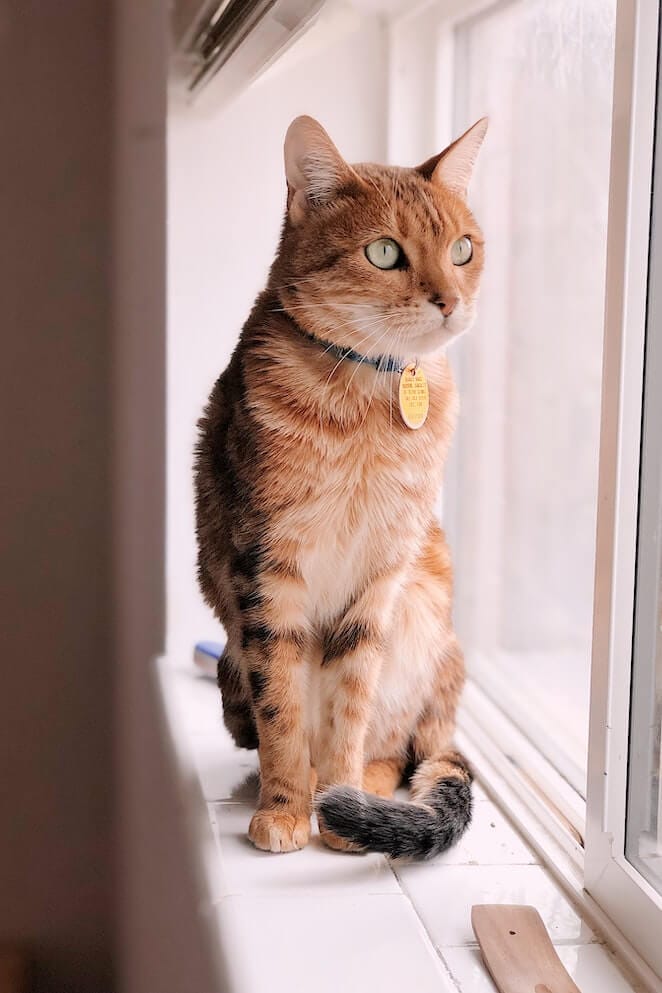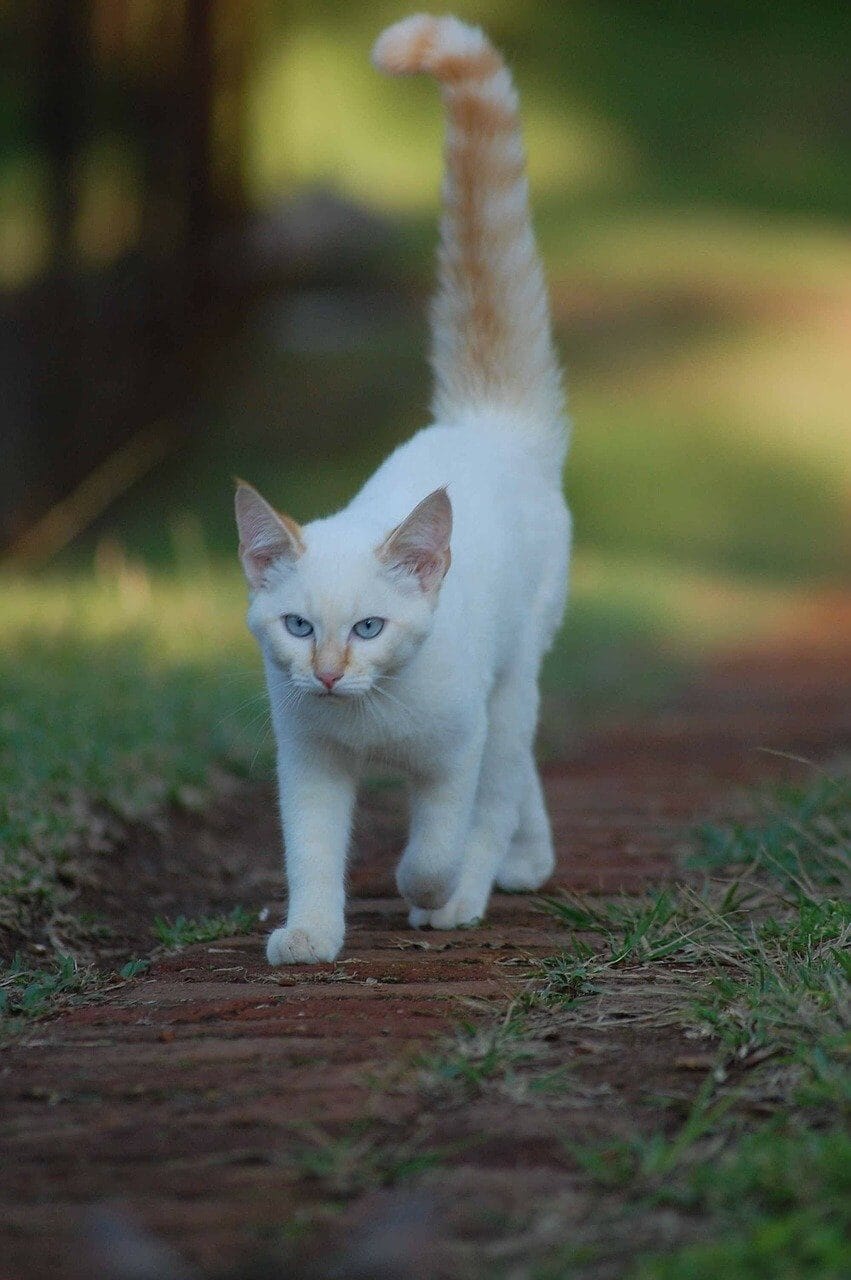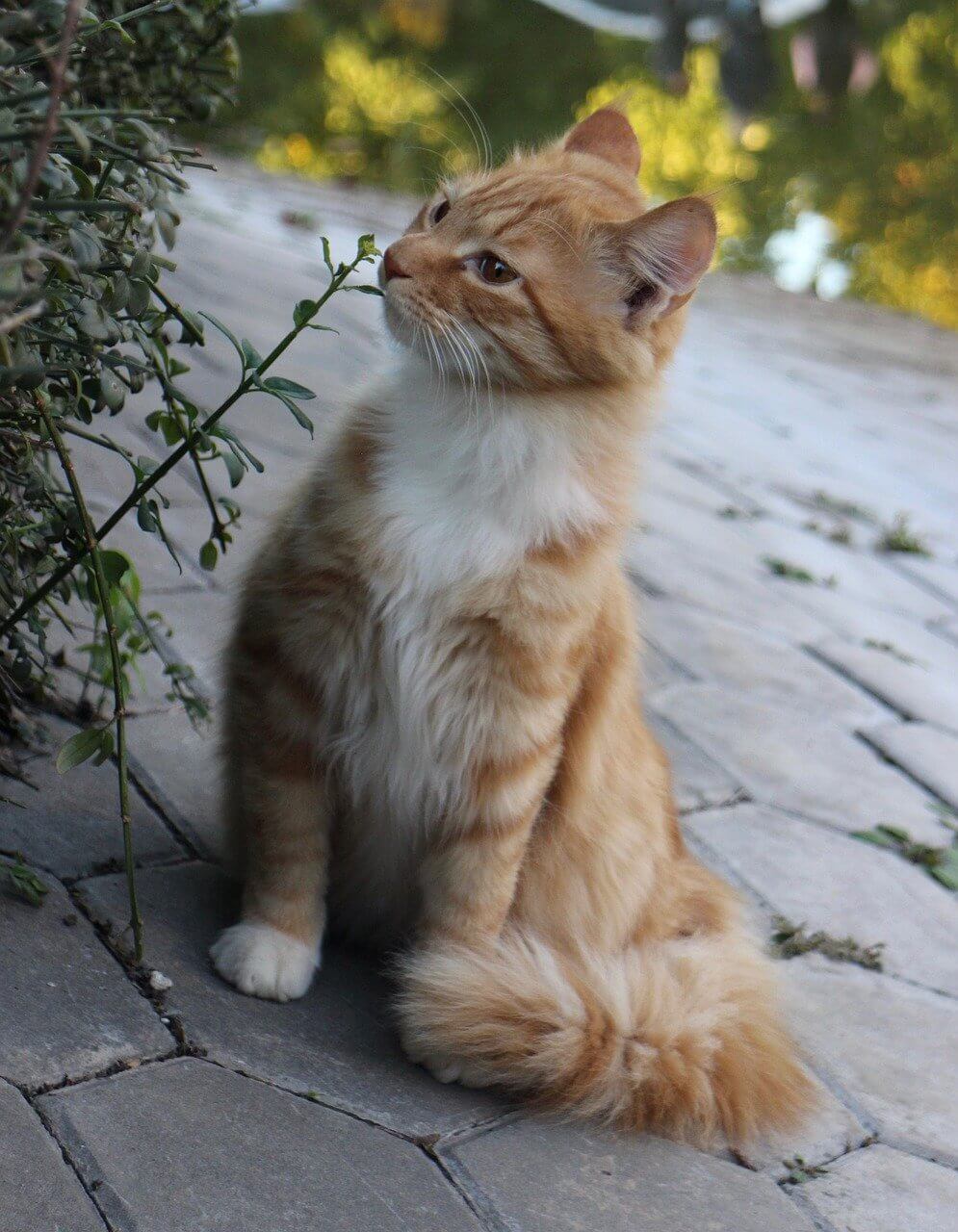
There’s a big difference between indoor and outdoor cats. Indoor vs outdoor cat, which one will be suitable for you? Let’s know more about the habitat of these cats.
Indoor cats are typically smaller because they don’t need to burn off as many calories. They also tend to be less active, so they don’t require as much food. Outdoor cats, on the other hand, are typically larger and more active.
They need more food to fuel their adventures, and they also need to be vaccinated against the disease.
A lot of cat parents allow their cats to play outside frequently, because of which they might start liking to go outside.
There are pros and cons to having an indoor or outdoor cat. It’s important to consider what’s best for your pet, and also what’s best for you.
Pros of Having An Indoor Cat

1. They’re low-maintenance
Sure, cats still need food, water, and litter changes – but compared to other pets, they are pretty low-maintenance. You don’t have to walk them or take them to the vet nearly as often as you would a dog, for example.
2. They’re independent
Cats are relatively independent creatures. They don’t need humans around constantly to feel happy and content. This can be a good thing if you’re gone a lot or if you just want a pet that won’t be too needy.
3. They’re clean
Cats are known for being clean animals. They groom themselves regularly and typically don’t make too much of a mess.
4. They’re good for your health
Having a cat has been linked with numerous health benefits, including lower blood pressure, reduced stress levels, and even a decreased risk of heart disease.
5. They’re cute!
Last but not least, cats are simply adorable creatures. They’re fun to watch and their silly antics never get old.
Cons of Having An Indoor Cat

1. They can be lazy.
While it’s true that all cats have the potential to be lazy, indoor cats are more likely to become couch potatoes since they don’t have the same opportunities to run around and explore as their outdoor counterparts. This can lead to weight gain and other health problems down the road.
2. They can get bored easily.
Indoor cats can quickly become bored, leading to destructive behaviors like furniture scratching or excessive meowing. This is because they’re not getting the stimulation they need from the great outdoors.
3. They can be lonely.
Without the company of other animals or people, indoor cats can often become lonely which can lead to depression or anxiety. Be sure to give your indoor cat plenty of attention and provide them with toys and other things to keep them occupied.
4. They can be messy.
Indoor cats are more likely to track in dirt and mud from outside, as well as bring in pests like fleas or ticks. They can also make a mess of your home if they’re not properly trained to use the litter box.
5. They can be expensive.
Since they rely on you for everything, indoor cats can be quite expensive to care for. Between the cost of food, litter, toys, and vet bills, having an indoor cat can add up quickly.
Pros of Having an Outdoor Cat

1. Outdoor cats are great for keeping pests at bay.
If you have a problem with rodents or other pests in your yard, an outdoor cat can be a great solution. Cats are natural hunters and will gladly take care of any critters that are bothering you.
2. Outdoor cats get plenty of exercise.
Cats that spend most of their time outdoors tend to be very active and fit. They love to run and play, and this can help keep them healthy and in shape.
3. Outdoor cats can help deter burglars.
If you live in an area where crime is a concern, having an outdoor cat can help deter burglars. The presence of a cat (and the associated noise) can be enough to deter would-be criminals from breaking into your home.
4. Outdoor cats are independent.
If you’re looking for a pet that doesn’t need a lot of attention, an outdoor cat is a good choice. These cats are content to spend most of their time outdoors and don’t require constant companionship as some indoor pets do.
5. Outdoor cats are fun to watch.
There’s something relaxing and enjoyable about watching a cat explore the great outdoors. If you have an outdoor cat, you can take pleasure in simply observing your feline friend as they enjoy the fresh air and sunshine.
Cons of Having an Outdoor Cat

1. They’re constantly at risk of getting hurt.
Outdoor cats are exposed to all sorts of dangers, from cars and other animals. Even if you live in a safe neighborhood, there’s always the possibility that your cat could get hit by a car or attacked by another animal.
2. They can contract diseases.
Cats who roam outdoors are more likely to contract diseases from other animals. They can also pick up parasites, like fleas and ticks.
3. They might not come home.
If you let your cat outdoors, there’s always the possibility that they could wander off and get lost. Even if you have them microchipped, it can be difficult to find a lost cat. There are ways to find your cat when they go missing so you don’t need to worry about it.
4. They can damage property.
Outdoor cats often scratch furniture and urinate on carpets and other surfaces. This can be very costly to repair.
5. They require constant supervision.
Cats who are allowed to roam freely outdoors need to be constantly monitored to ensure their safety. This can be time-consuming and stressful for pet owners.
Conclusion
Indoor cats typically live longer than outdoor cats. That’s because they’re not exposed to the dangers of the outdoors, like cars, predators, and toxic chemicals. Outdoor cats also have a higher risk of contracting diseases from other animals.
So, which type of cat is right for you? It depends on your lifestyle and preferences. If you’re looking for a low-maintenance pet, an indoor cat is probably a better choice. But if you’re an active person who enjoys spending time outdoors, an outdoor cat might be a better fit.
- 7 Dog Breeds With Webbed Feet And Why Do They Have Them - July 19, 2023
- 10 Best Fish For Small Tanks That Make Perfect Pets - July 18, 2023
- How to Breed Guinea Pigs: A Detailed Guide - July 17, 2023


GIPHY App Key not set. Please check settings